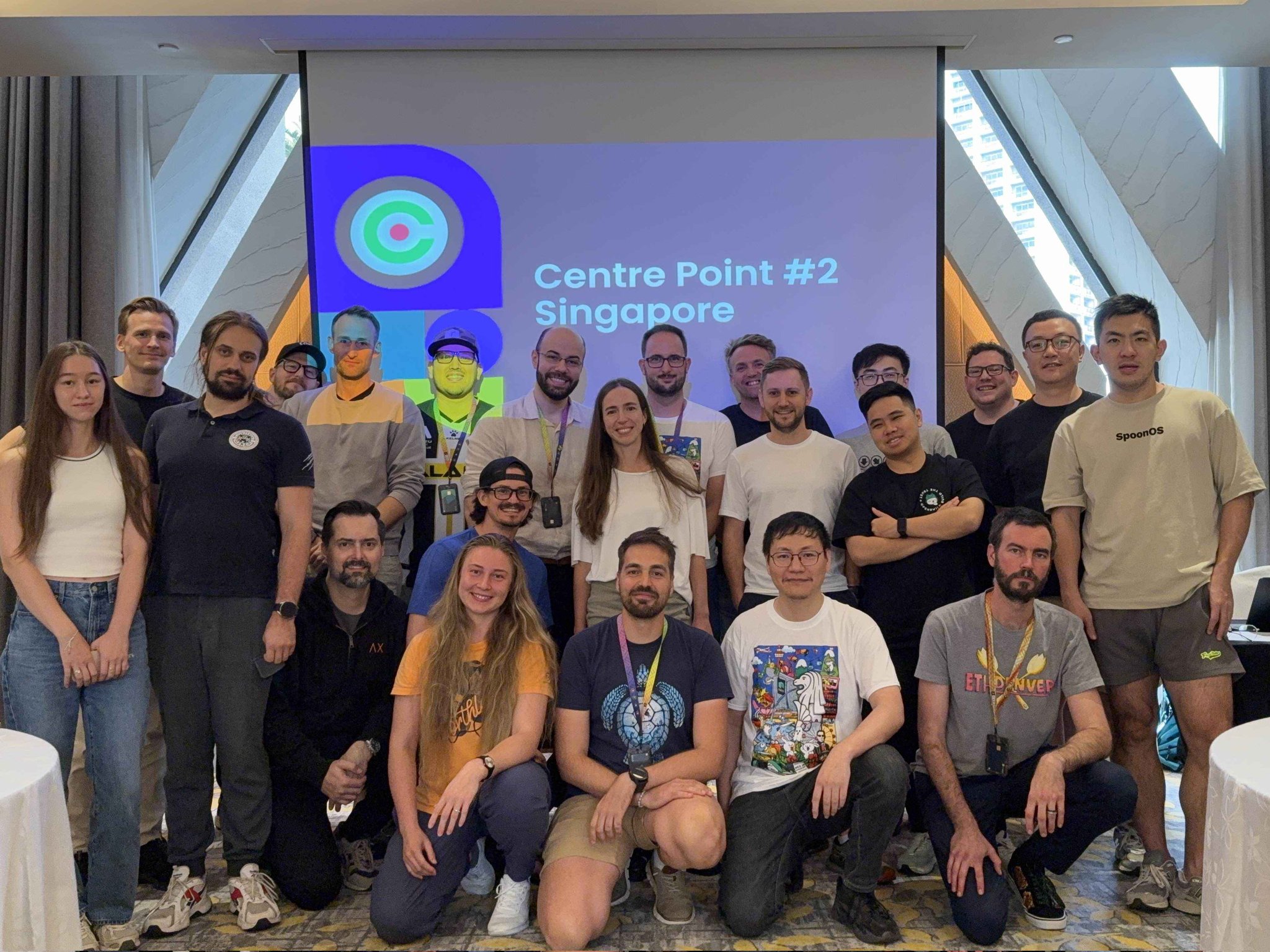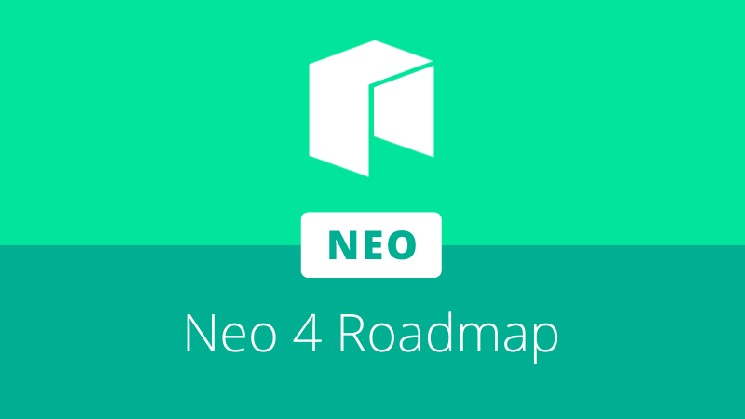Neo co-founder Erik Zhang released the draft roadmap for Neo 4, presenting it as a blockchain platform designed for real-world adoption of scale.
The roadmap shows Zhang returned to Neo after a multi-year break. The plan highlights asset tokenization, enterprise finance, cross-chain infrastructure, and new applications spanning payments, trading and gaming.
Zhang recently expressed his dissatisfaction with the state of the NEO ecosystem. In X, Zhang shared the belief that lack of compatibility in EVMs is not the main obstacle to Neo adoption. This feels proved after Neo X’s launch, and provided a perspective on the reasons behind Neo’s decline.
Ecosystem development
The roadmap focuses on application suitability rather than basic technology. Neo emphasizes real-world assets as a priority as it aims to support the tokenization of real estate, bonds, intellectual property and other tangible assets.
Zhang pointed out that cooperation with regulators and financial institutions is key to ensuring compliance and liquidity. Asset valuation and audit mechanisms are also planned to support transparency.
Companies are another focus, with proposals for digital asset financing solutions that reduce the costs and risks of cross-border operations. These include enterprise-grade tools for asset management, allowing smart contracts to enable automated features such as dividend distribution and bond payments.
Stablecoins is positioned as a gateway to mainstream users and business Web3. The plan supports multiple models, including product support, and algorithmic stability, with payments, cross-border settlements and Defi use cases.
The Roadmap also points to the need for low latency, cross-chain bridge support in compliant models that balance networks such as Bitcoin and Ethereum with privacy protections, as well as KYC and money anti-money laundering requirements.
In the game, Neo will build a cross-game interoperability layer of assets, working with developers to integrate NFT into the existing in-game economy and expand the adoption of GameFi.
Technology development
In the consensus layer, the NEO 4 proposal introduces dynamic block intervals that adjust block production speeds based on network load. This will increase throughput during periods of high demand, reduce production when demand is low, and limit state growth.
In the running layer, NEOVM 2 is planned as a next-generation virtual machine with RISC-V compatibility, fine-tuned gas metering, and cost-effectiveness improvements. With the adoption of RISC-V, NEO can be installed in existing developer infrastructure and applications, improving efficiency and enhancing support for zero-knowledge proof.
NEOVM 2 is also proposed to introduce standardized token interfaces, customizable charging models for contracts, and post-Quantum encryption research.
Application tier features include a free, easy-to-use whitelist of contracts designed to facilitate the use of Stablecoin in payments, a zero-knowledge ID verification system for compliance that provides privacy, and a ZK-Oracle upgrade for secure integration of off-chain data.
Economic changes have also been proposed, including stake fees from governance votes, flexible staking rates, and separation of ecosystem incentives, research and gas’s latest financial allocation models that fund community growth.
Governance
The Roadmap Draft proposes to expand the role of the NEO Council to oversee node entry, network parameters and ecosystem coordination. Development decisions follow a structured workflow where proposals are submitted, reviewed, tested and approved by a council vote.
NEO owners are said to have retained the ultimate supervisory authority through referendum powers, including the ability to re-elect or dissolve the council. The plan also mentions potential research into layer 2 governance to increase community participation.
Centre Point Singapore
The roadmap is one of the topics being discussed at Centre Point Singapore, the second community-led initiative to promote meaningful collaboration and progress.

Zhang flew to Singapore to participate in a brainstorming session that included council responsibility and accountability consultations, interoperability with other networks, and Spoonos.
The complete draft roadmap can be read at the following link:
https://github.com/neo-project/neo/issues/4198


